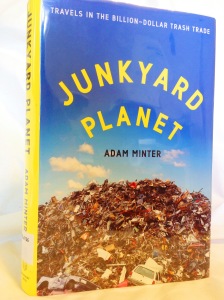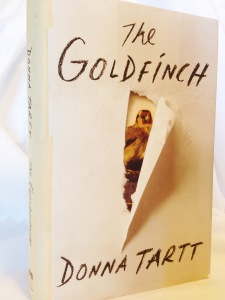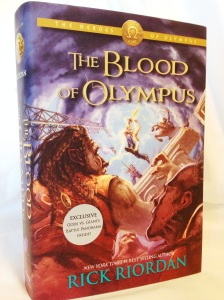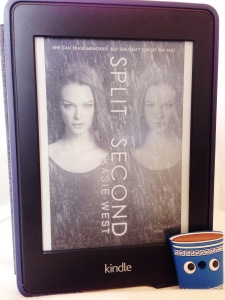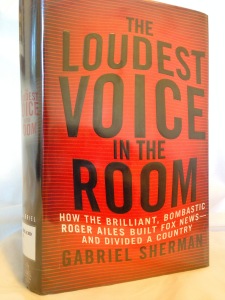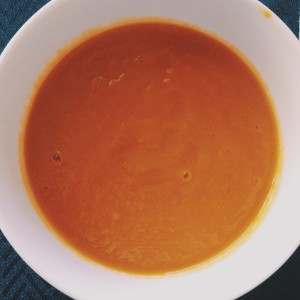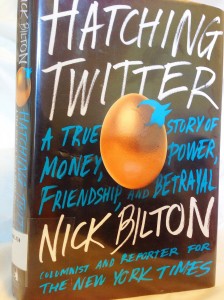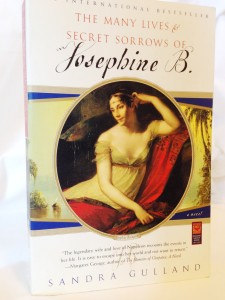What’s it about?
Ostensibly, it’s about a woman in a small town in Iowa, falling in love with a preacher who is much older than her, getting married, and having a baby. But it’s also about so much more. It’s about loneliness and how you connect with other people. It’s about why things happen in the first place. It’s about a very practical, and very loving, version of Calvinism – religion is everywhere in Lila but it’s quiet and practical and encourages everyone to get along. It’s a version of church that’s about fellowship, not ideology. And yes, the baby being born is very symbolic of Jesus’ birth to be a savior. Even if the little boy is only saving Lila.
Why should you read it?
Because Marilynn Robinson is easily one of the best writers ever. She writes both intimately and expansively. The little town of Gilead could be the biggest city in the world because it has everything she needs to tell her story. Her characters remind me of my grandparents, who lived in rural Iowa: loving but reserved, deeply but not outwardly religious. I love them all. I loved Lila.

